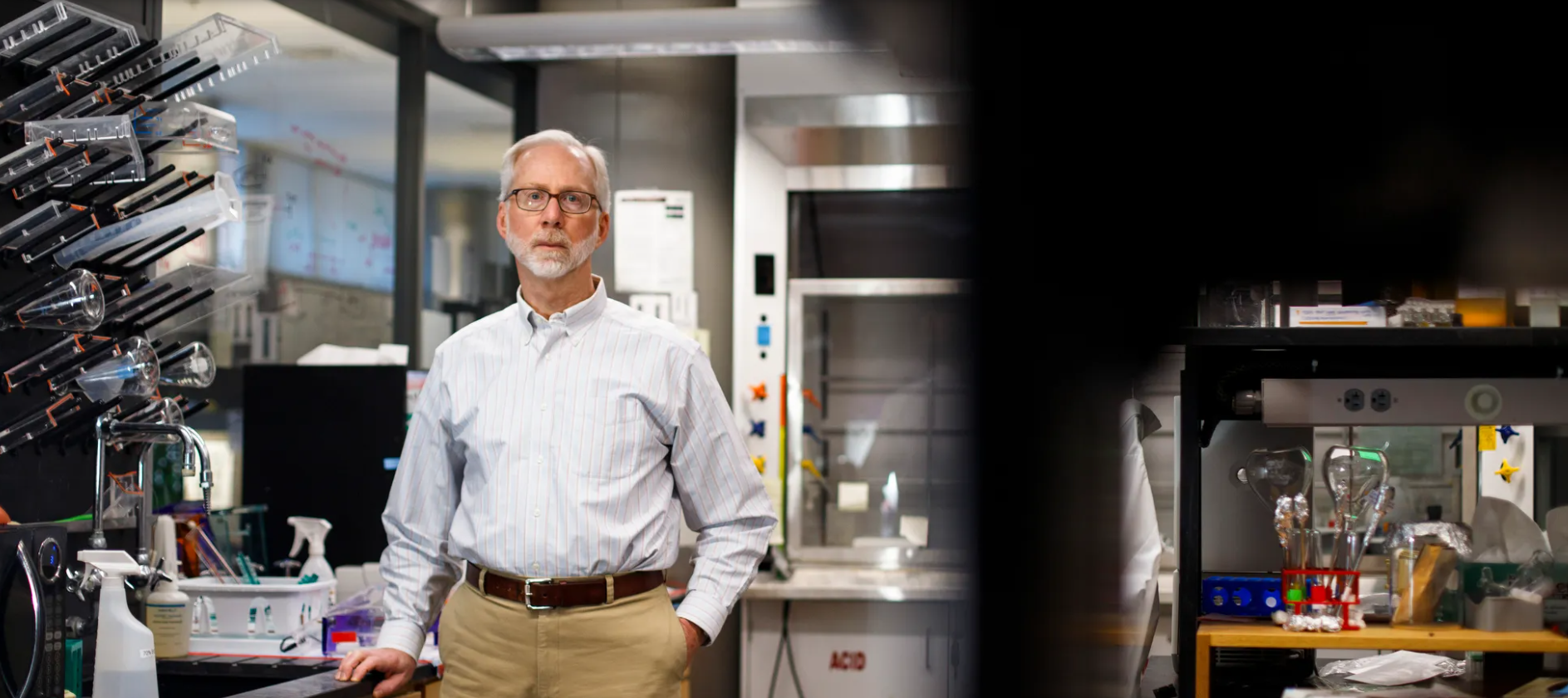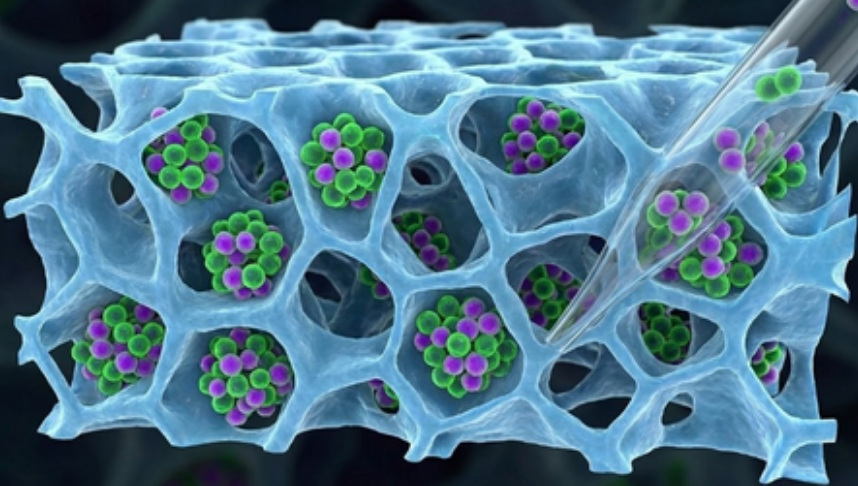Study Highlights Brain’s Role in Treating Type 1 Diabetes

NEW DELHI– The brain may hold the key to future treatments for type 1 diabetes, potentially easing the burden of insulin management, according to new research published in The Journal of Clinical Investigation.
Over a decade ago, researchers discovered that diabetic ketoacidosis (DKA)—a dangerous complication of type 1 diabetes—could be reversed using the hormone leptin, even in the absence of insulin. In the latest analysis, scientists from the University of Washington explore how leptin communicates with the brain and how that connection might be harnessed in diabetes treatment.
DKA occurs when the body cannot produce insulin and begins breaking down fat for energy, leading to a dangerous buildup of glucose and ketoacids in the blood. Traditionally, insulin therapy has been the primary method of managing this condition. But the new findings suggest the brain plays a more active role in the process than previously understood.
“When the pancreas fails to produce insulin, the brain perceives the body as being out of fuel—even when it’s not,” explained Dr. Michael Schwartz, Professor of Medicine at the University of Washington School of Medicine. “This perception is driven, in part, by low levels of the hormone leptin.”
Leptin, a hormone produced by fat cells, travels through the bloodstream to the brain, particularly to the hypothalamus, where it helps regulate appetite and energy balance.
The researchers suggest that leveraging leptin to control blood glucose levels could pave the way for insulin-free treatment strategies.
“If you could treat type 1 diabetes without daily insulin injections and constant blood sugar monitoring,” Schwartz said, “patients would likely consider that a major breakthrough.”
The study proposes that if the brain can be “convinced” fuel reserves are adequate—or if specific brain neurons responsible for triggering glucose and ketone production can be turned off—then the cascade leading to severe hyperglycemia and DKA may be halted.
“This new framework challenges decades of conventional wisdom that insulin deficiency alone causes diabetic ketoacidosis,” said Schwartz. “It highlights the brain’s powerful role in the development of uncontrolled diabetes and points to new directions for treatment.” (Source: IANS)





